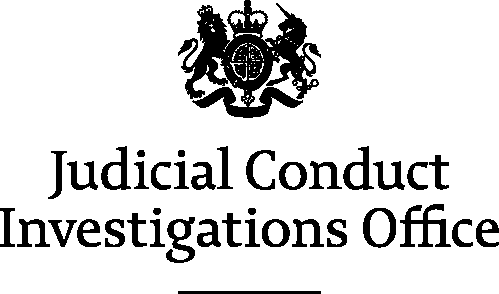




JCIO 38/25
Date: 17 September 2025
A spokesperson for the Judicial Conduct Investigations Office said:
Mr Justice Keehan, on behalf of the Lady Chief Justice and with the Lord Chancellor’s agreement, has issued Mr Ramesh Nayak JP of the Lincolnshire Bench with formal advice for misconduct.
Facts
On appointment, magistrates sign an undertaking to be circumspect in their conduct and maintain the dignity, standing and good reputation of the magistracy. A complaint was made to the Midlands Conduct Advisory Committee (MCAC) alleging that Mr Nayak, a retired medical practitioner, had obtained the medical records of a colleague (x-rays) without their consent, following a conversation between them about an injury that the colleague had sustained. This caused the colleague to feel concern about Mr Nayak’s management of confidential information.
Mr Nayak’s representations
Mr Nayak stated that his colleague was aware of his specialist knowledge of orthopaedic injuries and had approached him for advice. Mr Nayak stated that he had obtained his colleague’s x-rays, via a contact, with the intention of being helpful. He acknowledged that obtaining his colleague’s x-rays without their consent was inappropriate. He was remorseful and offered reassurance that his actions would not be repeated.
Nominated Committee Member’s findings
Following an investigation carried out under the Judicial Conduct (Magistrates) Rules 2023, a nominated committee member found that Mr Nayak failed to adhere to the requirement that magistrates are circumspect in their behaviour, and that Mr Nayak’s actions had called into question his integrity. The nominated committee member recognised that Mr Nayak was remorseful and had no previous findings of misconduct against him. The nominated committee member acknowledged that although Mr Nayak intended to act in good faith, his actions gave rise to concerns about how he managed confidential information, which is a core requirement of a magistrate. The nominated committee member found that Mr Nayak’s actions amounted to misconduct and recommended formal advice as the appropriate sanction.
Decision
Mr Justice Keehan and the Lord Chancellor agreed with the recommendation to issue Mr Nayak with formal advice.
Sanctions for misconduct by judicial office-holders are set out in the Constitutional Reform Act 2005. They are, in order of severity: formal advice, formal warning, reprimand and removal from office.
For more information about the Office, including details on how to make a complaint against a judicial office holder, you can visit the JCIO website at: Judicial Conduct Investigations website